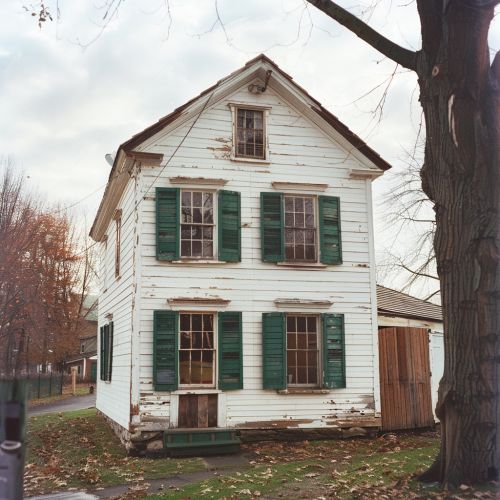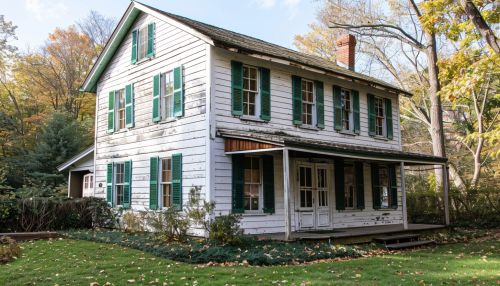Charles Ives
Early Life
Charles Edward Ives was born in Danbury, Connecticut on October 20, 1874. His father, George Ives, was a U.S. Army bandleader during the Civil War and was known for his unconventional musical experiments. Charles' early musical education was heavily influenced by his father's unique approach to music, which included quarter-tone scales and complex polyrhythms.


Education
Ives attended the Hopkins Grammar School in New Haven, Connecticut. He then went on to study at Yale University under the tutelage of Horatio William Parker, a prominent American composer. Despite their stylistic differences, Parker recognized Ives' talent and encouraged his musical pursuits. Ives graduated from Yale with a degree in music in 1898.
Career
After graduation, Ives moved to New York City and began a successful career in the insurance industry. Despite his business success, Ives continued to compose music in his spare time. His compositions were often experimental and ahead of their time, incorporating elements of American folk music, church hymns, and European classical music into complex, multi-layered pieces.
Musical Style and Influence
Ives' music is characterized by its complexity and innovation. He often used unconventional techniques such as polytonality, polyrhythm, and tone clusters. His music also frequently included quotations from popular tunes and hymns, a technique now known as musical collage. Ives' innovative approach to composition has had a significant influence on a wide range of composers, from Copland to Cage.
Later Life and Legacy
Ives' health began to decline in the 1930s, and he stopped composing altogether in 1927. Despite this, his work continued to gain recognition and in 1947, he was awarded the Pulitzer Prize for his Symphony No. 3. Ives passed away in 1954, leaving behind a vast body of work that continues to be celebrated for its originality and complexity.
